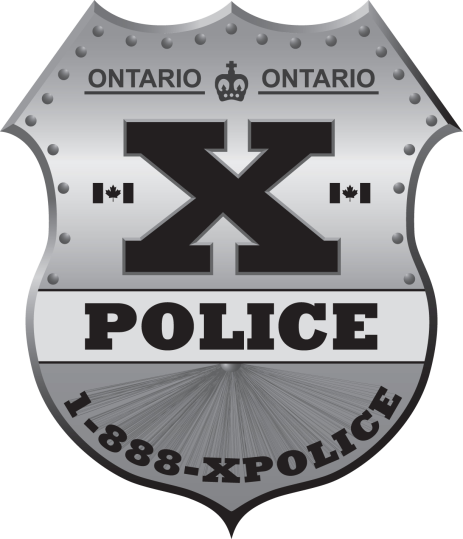
Hespeler Road
Record file photo
Traffic lights along Hespeler Road looking south from Pinebush Road in Cambridge.
Synchronizing traffic signals is done laboriously here. Someone drives up and down, monitored by satellite, to measure stops, starts, and progression between intersections. Data is then crunched to get traffic lights working better together, balancing flows in each direction and also the impact on crossing streets.
Last year’s update reduced travel times by an average of 11 per cent along three key corridors with 38 traffic signals. That’s a total of almost four minutes shaved from just over 33 minutes of travel time. You should notice the drive is smoother in east Galt in Cambridge, in the area of Fairway Road and Weber Street in Kitchener, and along Arthur Street in Elmira.
Here’s the most time saved. On average it used to take four minutes, 28 seconds to drive north on Arthur Street between Listowel Road and Church Street. Tweaking five traffic signals shaved one minute, eight seconds off the northbound trip. Driving south on Arthur is 20 seconds faster.
Planners are currently tweaking up to 136 signals along up to six corridors in Waterloo, Kitchener and Cambridge. But Waterloo regional government maintains only enough staff to overhaul roughly 90 traffic signals in an average year. It takes about five years to roll through all signals before starting over.
There’s promise in technology that reads traffic to adjust signals on the fly. For example, planners are poised to read traffic on busy Hespeler Road in Cambridge by tracking Bluetooth signals in cellphones. It’s a test, undertaken with advice from the University of Waterloo, to see if traffic data can be collected in real time to trigger a range of predetermined signal timing.
This is part of a slow move toward smarter traffic control. A wary government planner cautions that some intelligent systems may be oversold, unworthy of high costs to buy, maintain, and calibrate.
“In some cases they work for a short while and then fail,” said Egerton Heath, who supervises local traffic control systems. “We are cautious about what comes out.”
Source: The Record
